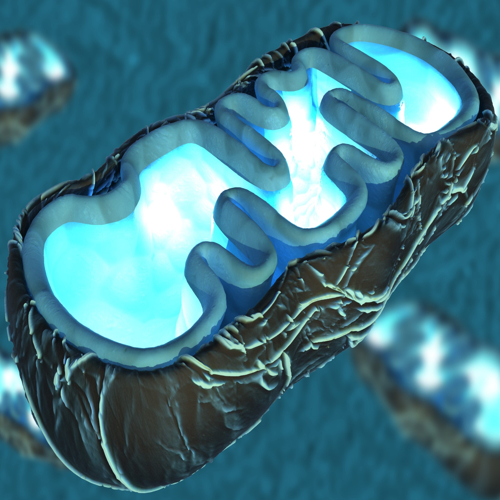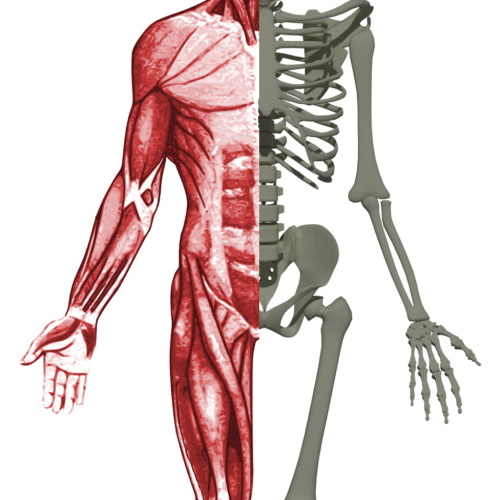Key points from article :
Stealth BioTherapeutics has achieved a major milestone with the FDA’s accelerated approval of Forzinity (elamipretide)—the first-ever treatment for Barth syndrome, a rare, life-limiting mitochondrial disorder that affects about 150 people in the U.S., mostly boys. The approval marks the end of a decade-long struggle for both the company and the Barth Syndrome Foundation, whose advocacy helped push the drug forward. CEO Reenie McCarthy called the FDA’s decision a “pivotal victory,” signalling hope that other ultra-rare diseases might also see faster regulatory pathways.
Barth syndrome is caused by a genetic defect that disrupts mitochondrial function, leading to muscle weakness, heart problems, and often fatal heart failure in early childhood. Forzinity targets mitochondria directly, aiming to restore energy production and improve muscle strength. Its approval was based on results from the Phase II TAZPOWER trial, where patients treated with elamipretide showed a roughly 45% improvement in knee extensor muscle strength, correlated with gains in walking distance. However, the drug is currently approved only for patients weighing 30 kg or more, leaving out younger children who are often the most severely affected.
The approval follows a dramatic reversal for Stealth, whose original new drug application was rejected in May 2024 despite advisory committee support. Facing possible closure, the company refiled for accelerated approval in August with new safety data and manufacturing fixes. This second attempt aligned with the FDA’s new Rare Disease Evidence Principles, a framework designed to support therapies for ultra-rare conditions where traditional large trials are impossible.
Patient advocates, including Kate McCurdy, chair of the Barth Syndrome Foundation, played a key role in the campaign for approval, gathering a petition from 82 experts urging the FDA to act. They cited visible, real-world improvements in children treated under expanded access—some toddlers once dependent on life support are now walking and playing. While challenges remain in extending the indication to younger patients, Forzinity’s approval represents a historic breakthrough for the Barth community and a potential turning point in how the FDA approaches treatments for ultra-rare diseases.






